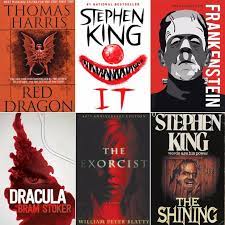In this block, I take a look at a couple of classic stories, an influential play, a modern creepypasta, the world’s introduction to notorious fictional serial killer Hannibal Lecter and the funereal gloom of puritanical America.
Here we come to another entry in my journey through the following three horror lists:
https://www.npr.org/2018/08/16/632779706/click-if-you-dare-100-favorite-horror-stories
https://reedsy.com/discovery/blog/best-horror-books
http://www.stephenjoneseditor.com/sale1988-horror100best01.htm
http://www.stephenjoneseditor.com/book2005-horroranother100best01.htm
Also if you want to check out the first part, it can be found here:
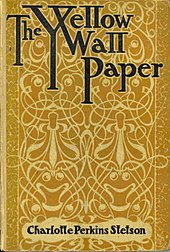
“The Yellow Wallpaper” (Charlotte Perkins Gilman, 1892)
List: NPR
I was actually quite impressed with this interesting psychological horror story given the time period it was released. It felt much more recent than 1892 and is clearly a precursor to works like Polanski’s Repulsion.
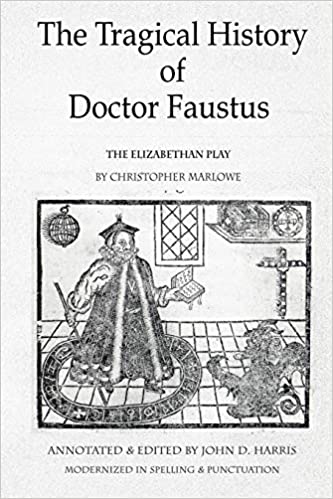
Doctor Faustus (Christopher Marlowe, 1604)
List: Jones & Newman
I was somewhat dreading this due to my general dislike of Shakespeare (Marlowe is often rumored to have penned some of Shakespeare’s works) but despite the more archaic dialogue, I actually quite liked it. Certainly containing more horror elements than I expected with dismemberments and the rather graphic ending, the thing that caught me by surprise the most was by its humor. I legitimately laughed out loud more than once at some of the wry, sarcastic dialogue, particularly from Faustus himself.
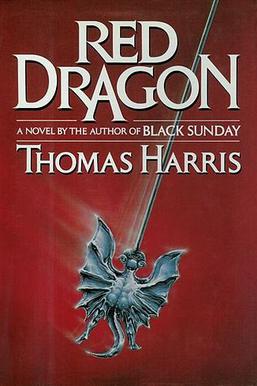
Red Dragon (Thomas Harris, 1981)
List: Jones & Newman
This is one that has been on my backlog for a long time just out of sheer notoriety. Hannibal Lecter is easily one of the most recognizable fictional villains in literary and film history, so I felt obligated to read this one. So what’s the verdict? Eh… After having seen three different adaptations in film/TV, the impact of the story itself has been somewhat lessened. Additionally, and I think the Hannibal TV series really brought this out more than either film adaptation, Will Graham is the most interesting character here, and the book abandons Will for large chunks in the second half. I think Harris wants Dolarhyde to be interesting but honestly he just isn’t, and the book suffers. While I’m glad to have finally gotten around to finishing this one, it certainly isn’t a book I’ll return to any time soon whereas the Hannibal TV series remains a masterclass in serial killer fiction.
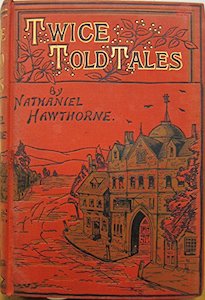
Twice-Told Tales (Nathaniel Hawthorne, 1837)
List: Jones & Newman
Twice-Told Tales is a very diverse collection of stories, only some of which would slot into horror or even genre fiction at all. At its best, the book channels a puritanical fervor and religious zealotry in service of delivering a kind of creeping funereal gloom as in “The Minister’s Black Veil” (probably the best story in the collection), “Lady Eleanor’s Mantle”, “The White Old Maid” and “The Wedding-Knell”. It also features tales of light fantasy such as “Dr. Heidegger’s Experiment” (the only story from this book actually adapted for the Hawthorne anthology film Twice Told Tales), and in a way “Visions of a Fountain” that while interesting feels too slight and anti-climactic to be of lasting interest. Many of his stories are allegorical in nature with a strong moralizing tone such as in “The Great Carbuncle” and The Ambitious Guest” (with its bleakly ironic ending). The biggest downfall of the book in my opinion is the frequent slice-of-life stories that seem to do little but describe the day-to-day from a particular vantage point with no real narrative thrust to them (“A Rill from the Town-Pump”, “Sights from a Steeple”, “The Toll-Gatherer’s Day”, “Foot-prints on the Sea-shore”, etc.). While ethnographers may find these of interest, they do little for me but induce tedium. Overall, I certainly would not recommend the book as a whole for fans of horror fiction as there is far too little here, but there are probably a handful of stories I may recommend as mentioned above.
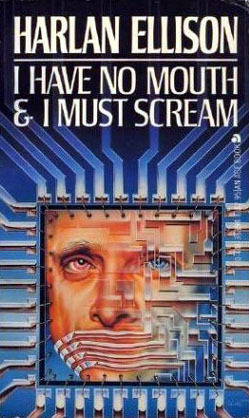
“I Have No Mouth and I Must Scream” (Harlan Ellison, 1967)
List: NPR
I might have read this a VERY long time ago but I didn’t remember it, so I thought it was time to tackle it again. In short, this potently bleak story is a masterclass in short fiction. I generally like Ellison’s writing which usually has a very off-kilter style regardless of the genre he’s writing in, and “I Have No Mouth…” is one of his absolute best. Strongly recommended, and after checking this out I also suggest his Deathbird Stories collection as well as the video game of I Have No Mouth and I Must Scream which lives up to the story quite admirably for the most part.
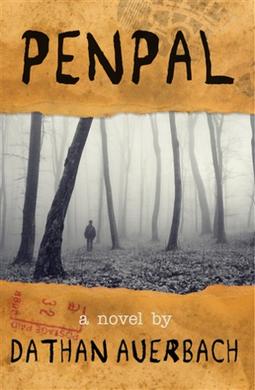
Penpal (Dathan Auerbach, 2012)
List: NPR
So I’m not the biggest fan of creepypasta (a sort of collective name given for stories posted on the web often based in local/regional folklore). It seems like you have to wade through a ton of really awful ones to find a couple of even decently creepy ones. Why bother when there are so many actual horror classics out there I haven’t read? Anyway, Penpal had its origins as a creepypasta-esque series of Reddit posts, and it shows. The book is a sequence of recollections, dolled out non-chronologically about the narrator’s childhood with a strong focus on his friendship with a boy named Josh and a mysterious set of circumstances that happened throughout his youth which culminates in an extremely bleak and depressing finale. The book overall isn’t bad and was generally paced pretty well making for an easy read. It also generated a couple of genuinely creepy sections. My main issue with it though is the writing style which feels annoyingly over-written at times, very much what I’d expect from a story that had its origins on the internet. It’s use of past-perfect tense also irked me for some reason I can’t quite put my finger on. Plus it makes the common mistake of giving children dialogue and thoughts far too mature compared to how children actually talk (especially in the sections when the narrator is six). I will say, if you do actively enjoy creepypasta, this is certainly an above average example of it with some genuinely disturbing moments but is a far cry from being a masterwork.

